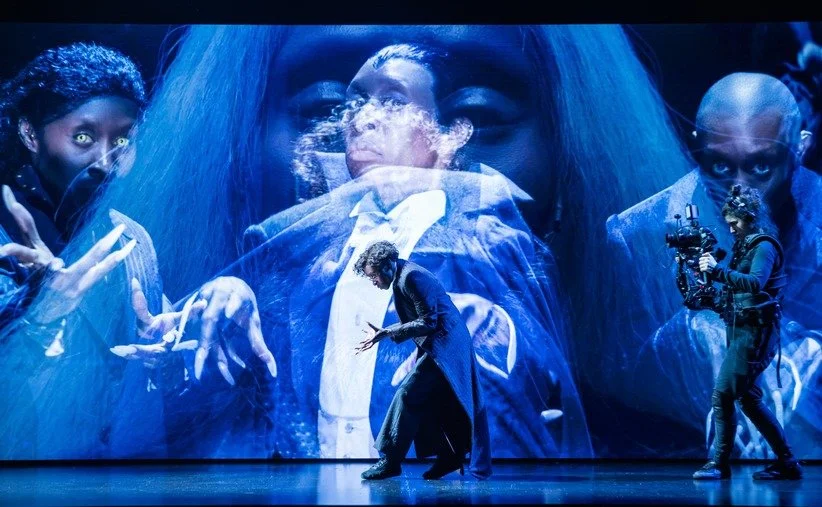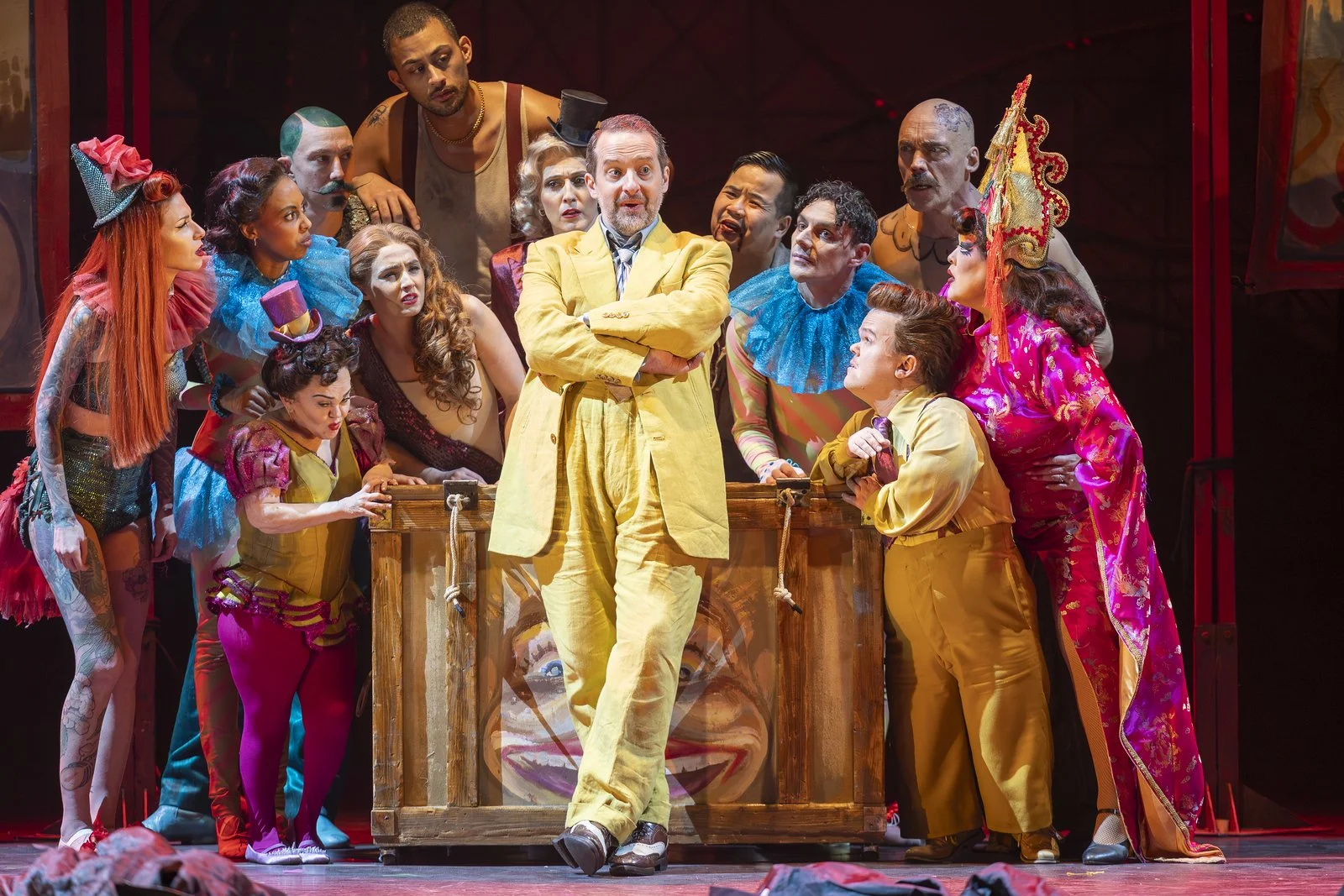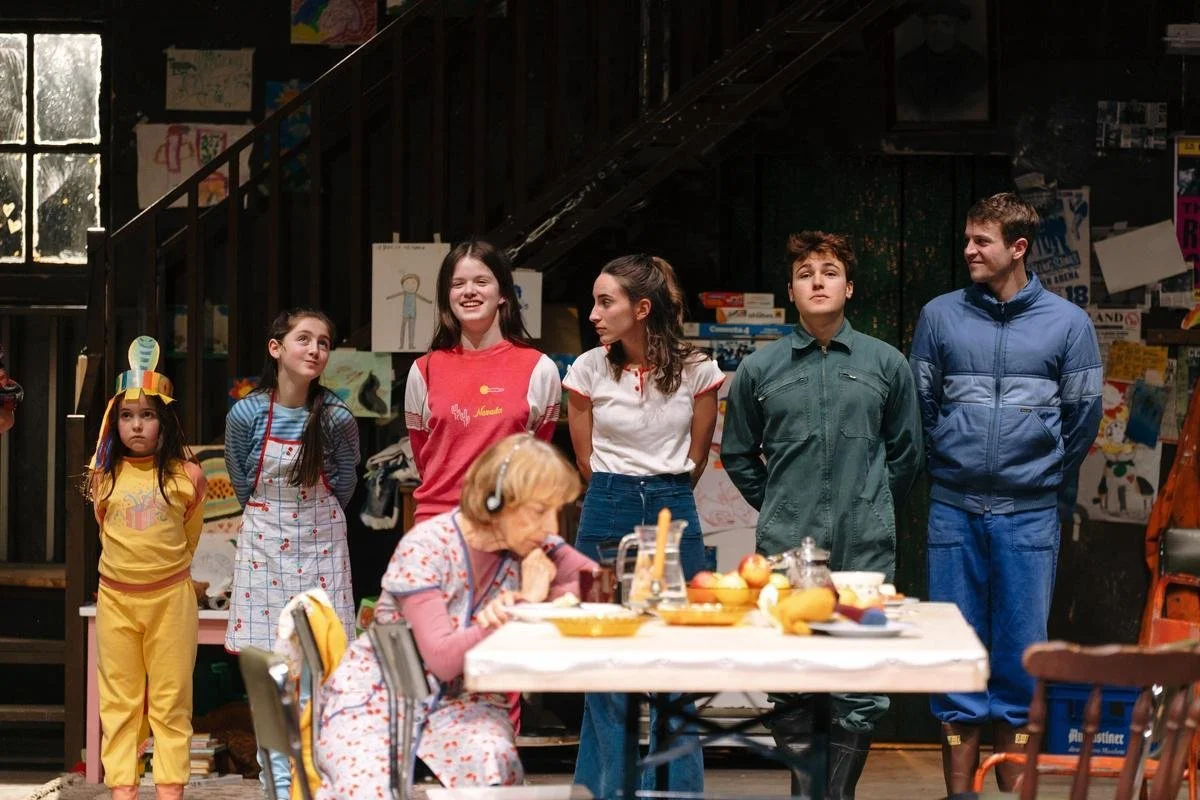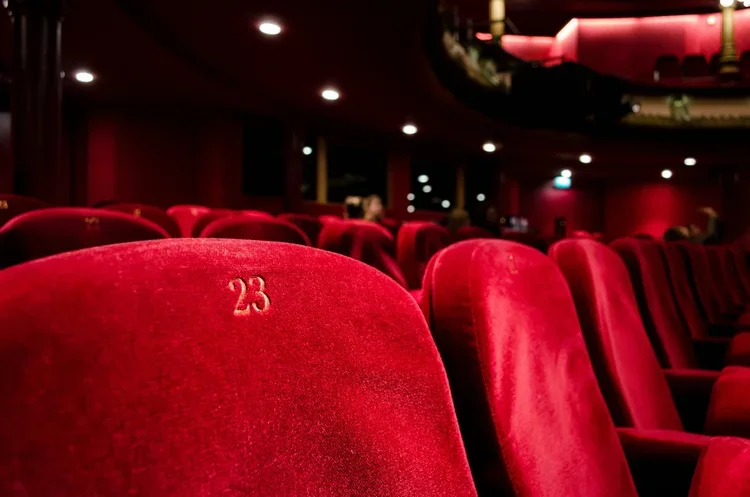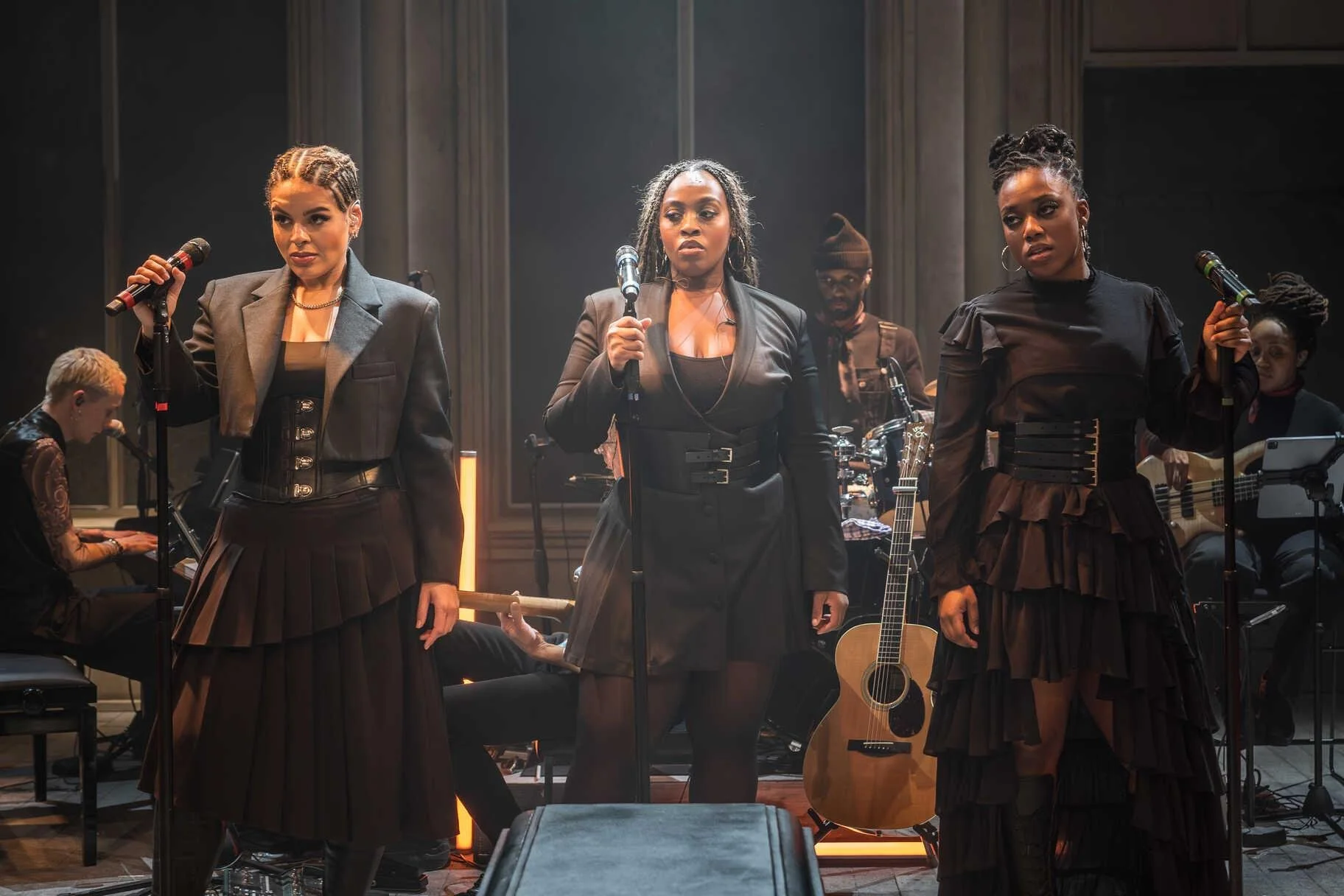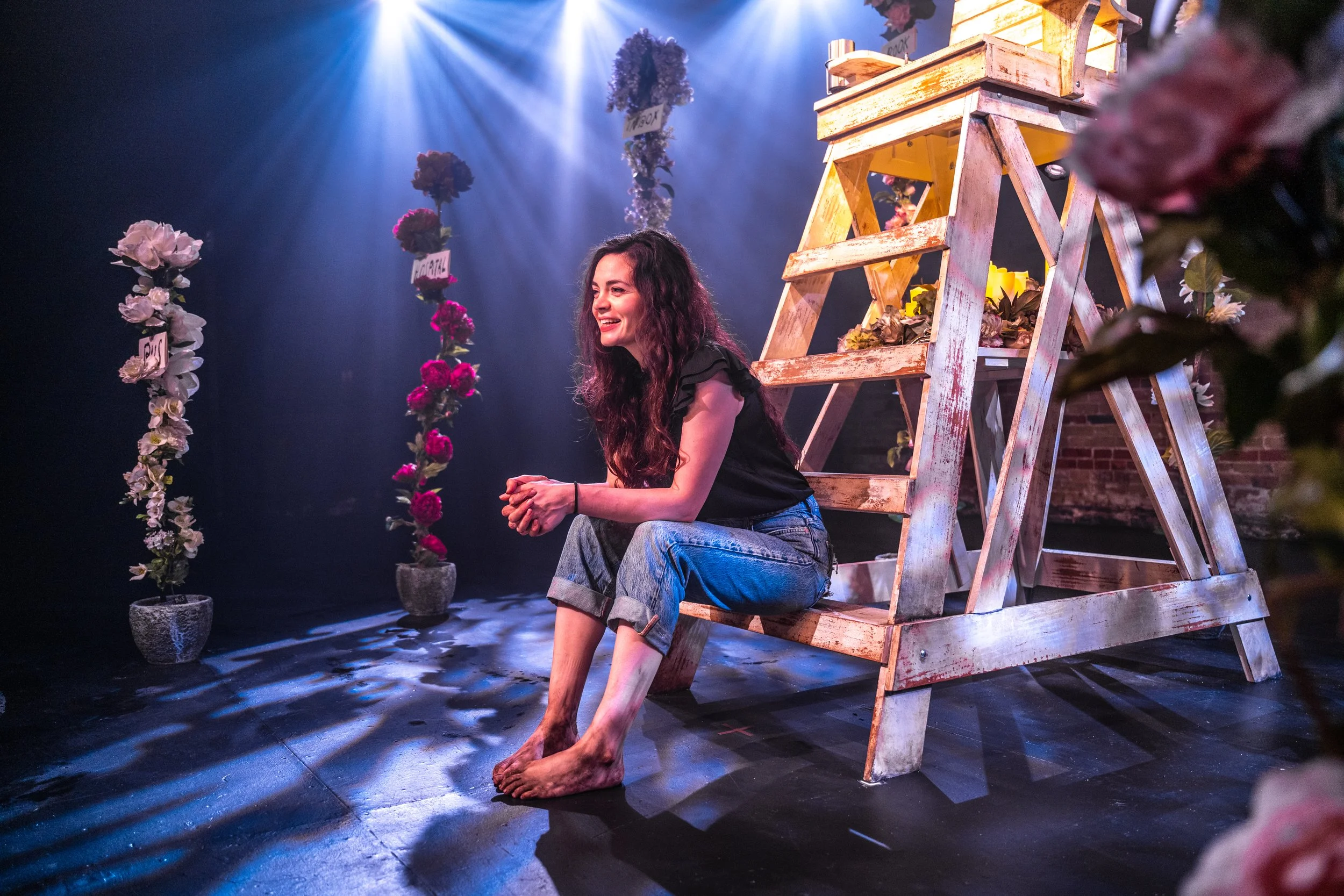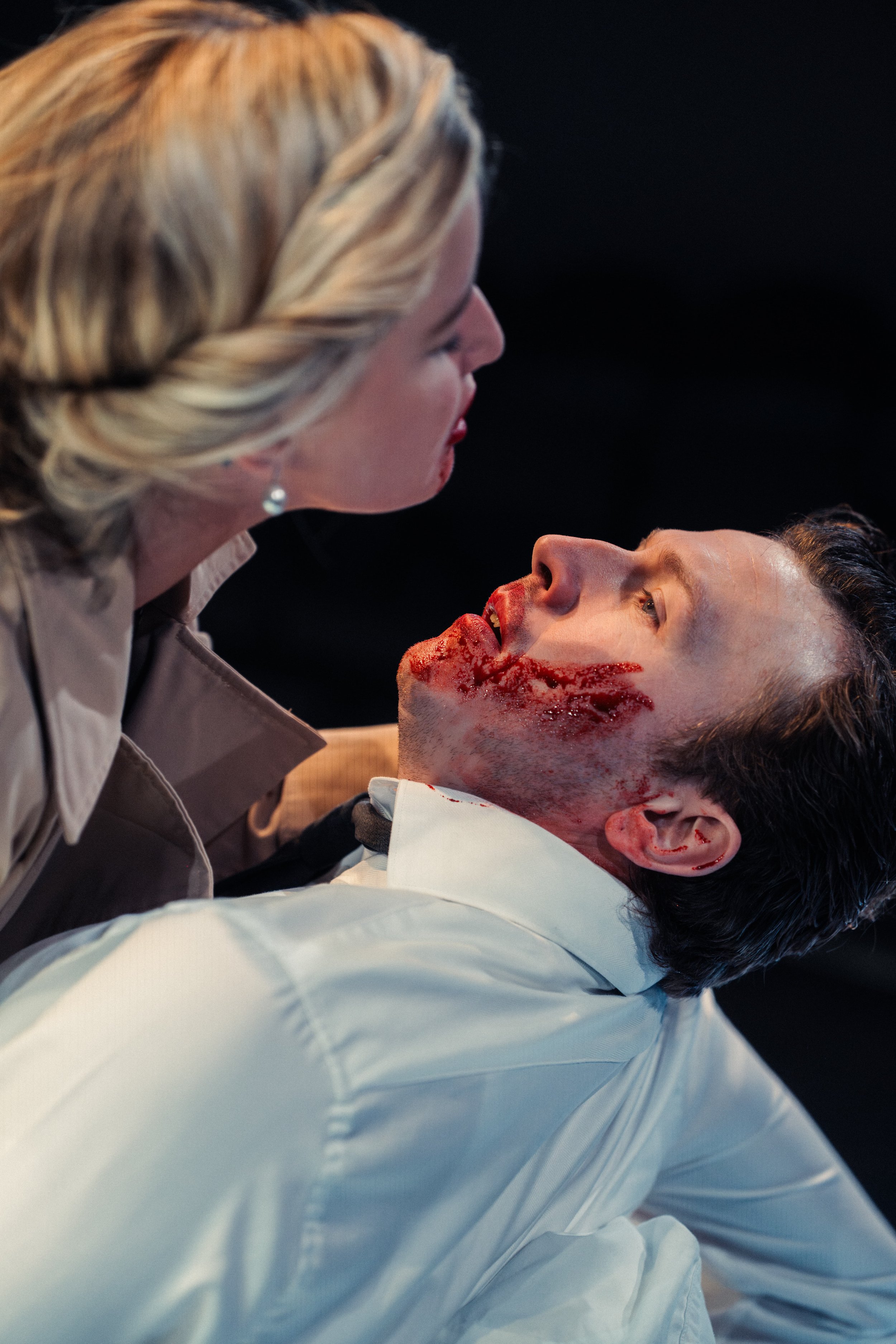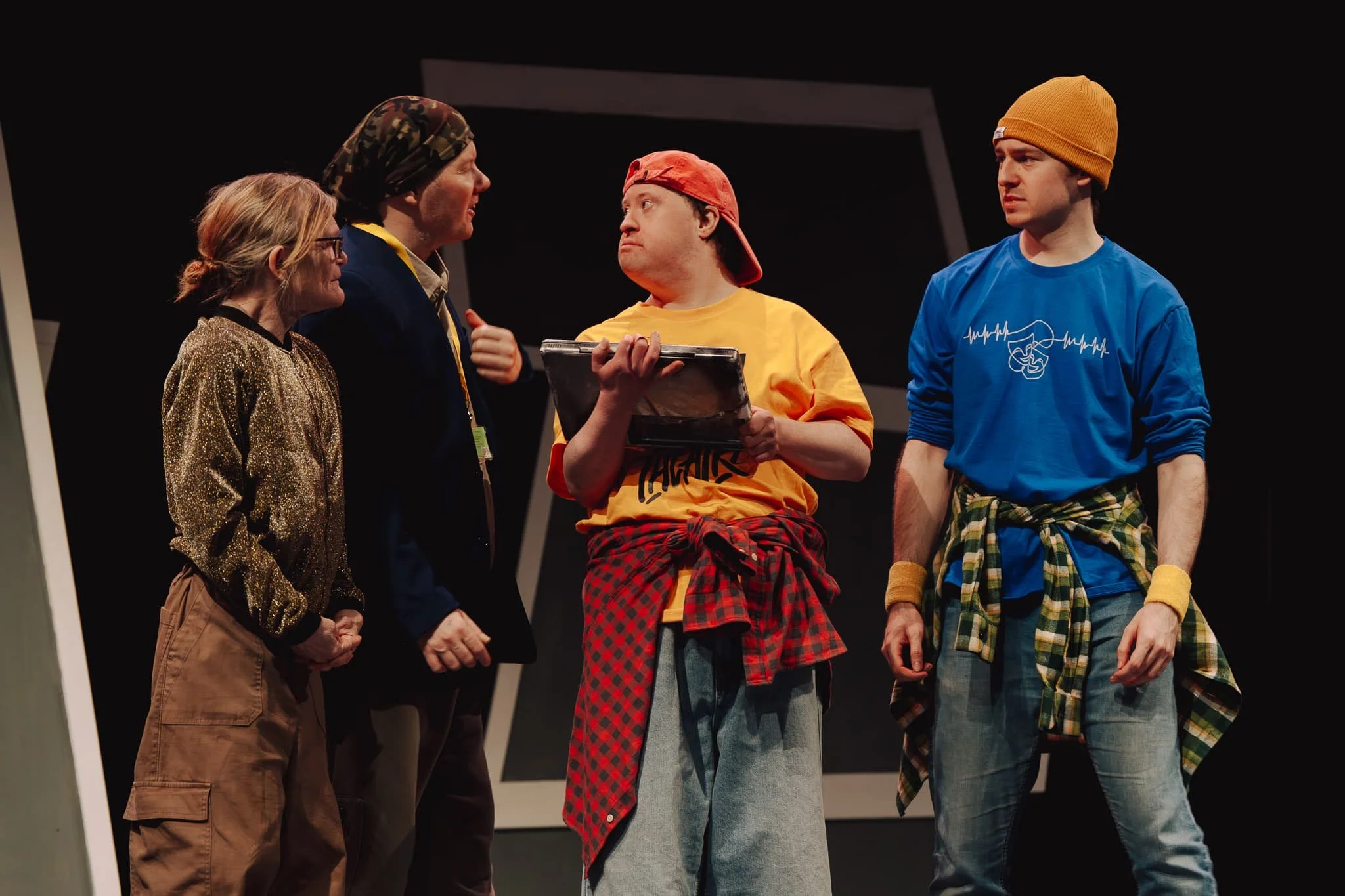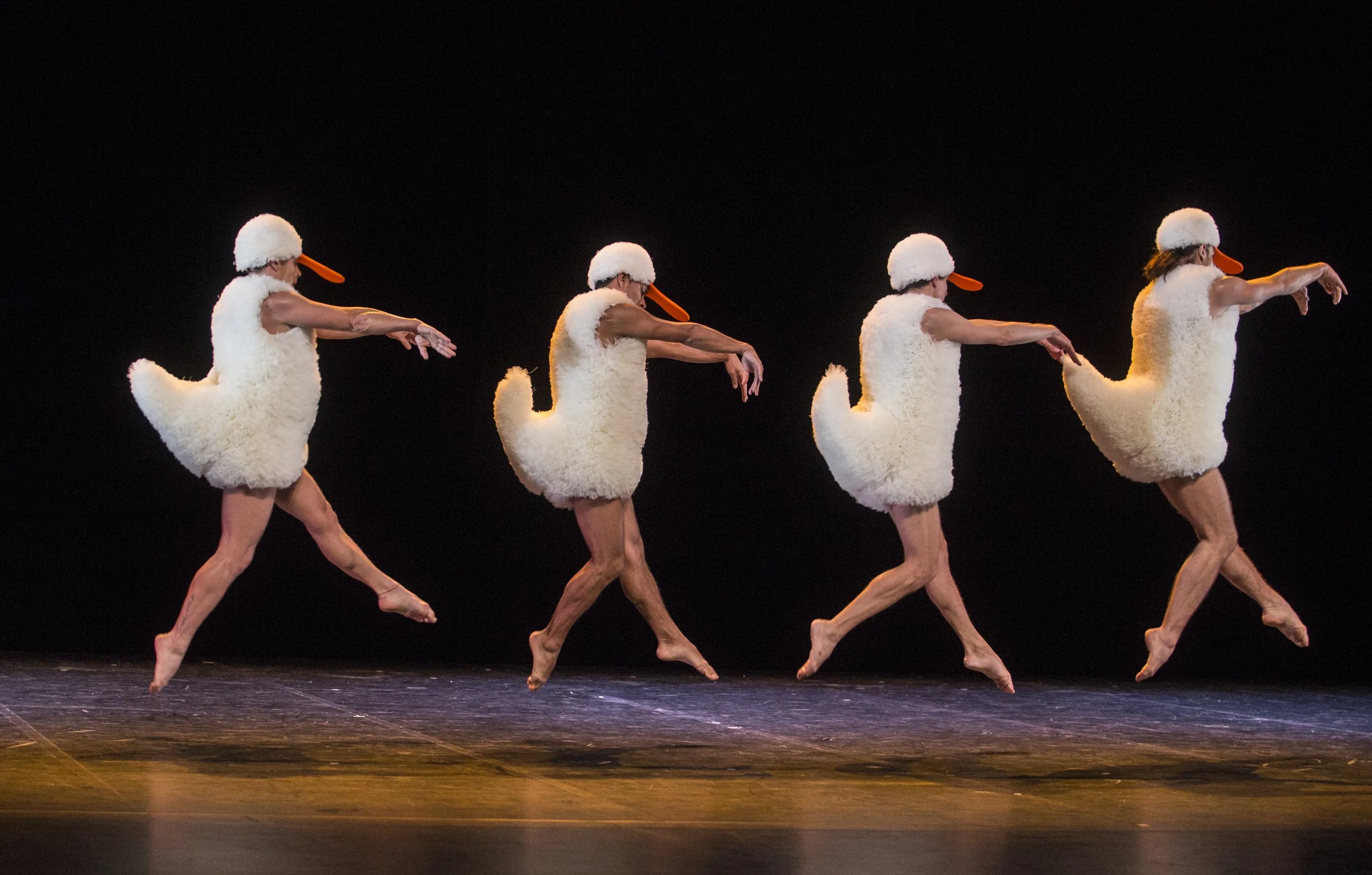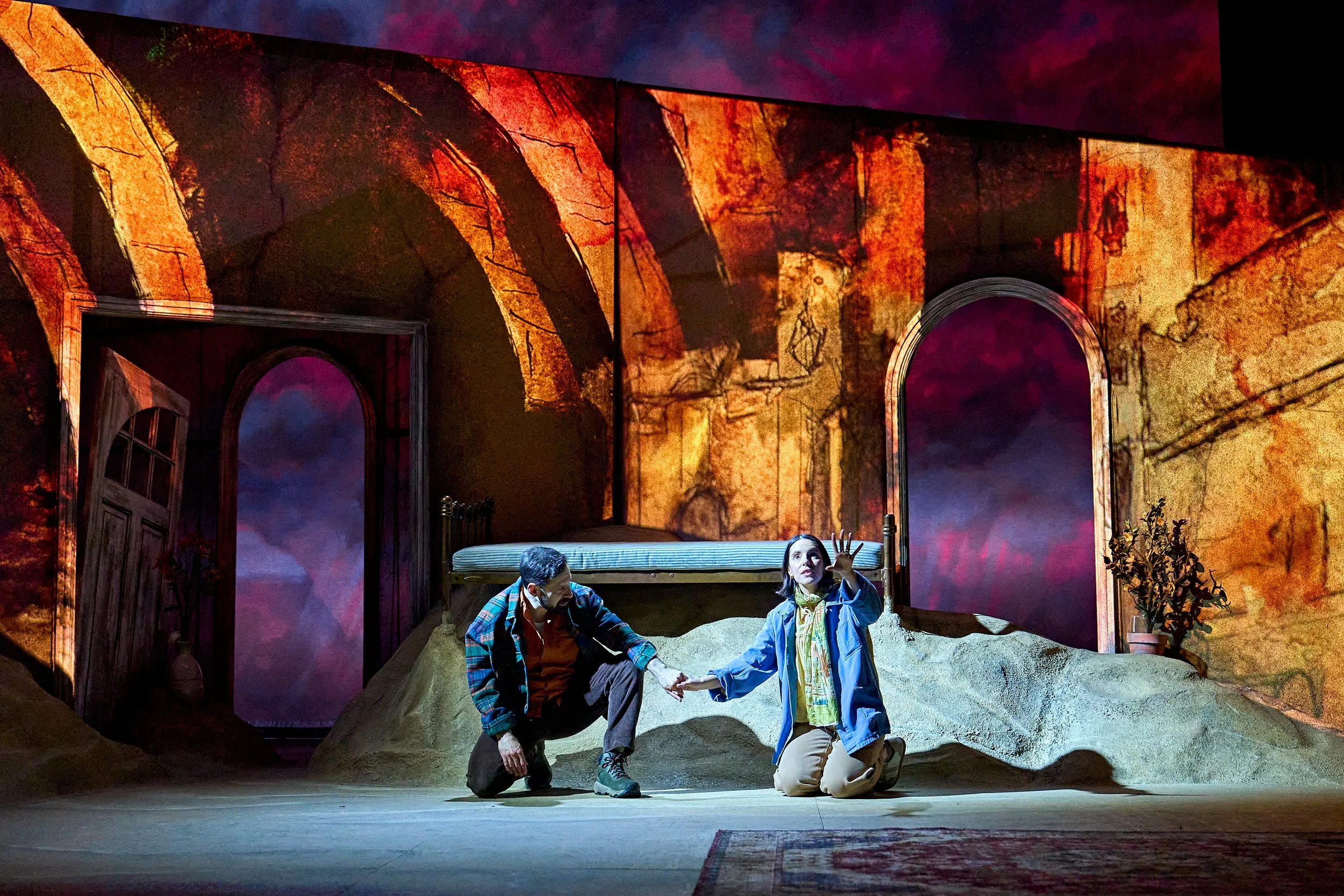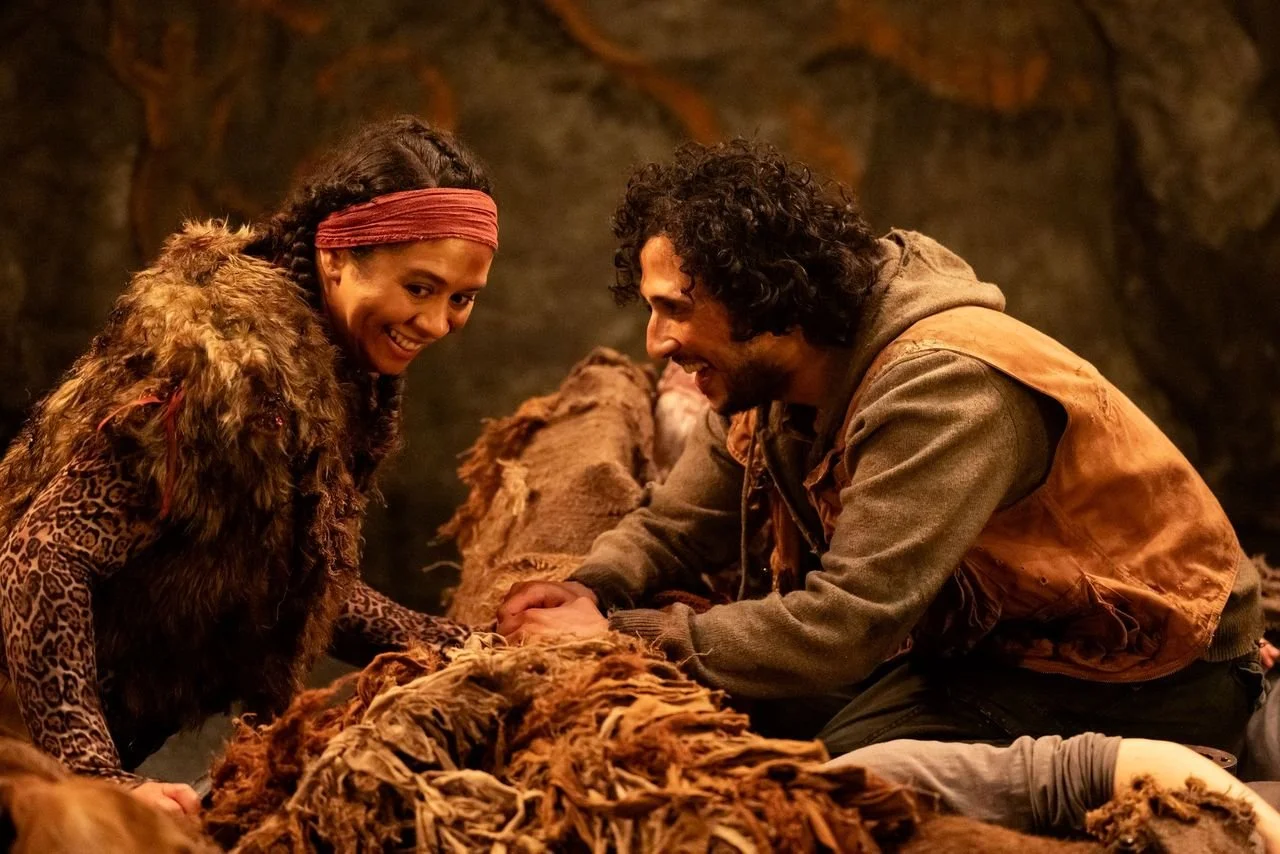Kyoto, @Sohoplace Review
Photo by Manuel Harlan.
Written by Franco Milazzo for Theatre and Tonic
Disclaimer: Gifted tickets in exchange for an honest review
Diplomatic negotiations over climate change targets are not the most obvious or exciting of premises but, in the hands of Joe Murphy and Joe Robertson, Kyoto is as thrilling a piece of theatre as we’ll likely see this year.
There’s a twist, of course. The minutiae of conference sessions which last all day (and, sometimes, all night) and tedious discourses over commas and whether to insert “would” or “should” into clauses are not exactly gripping in and of themselves. The genius move here is that everything is seen through the eyes of real-life lawyer Don Pearlman (Stephen Kunken), a Machiavellian figure who is paid by the Seven Sisters (aka Big Oil) to sabotage the talks. Deploying a series of tactics that would leave Sun Tzu impressed, the Americans pits different countries and entire international blocs against each other and out-manoeuvre those looking to frustrate his efforts.
There’s something of Adam Kay’s film about the 2008 financial crisis The Big Short in the way the stultifyingly complex procedures are presented alongside Pearlman’s machinations. The Kyoto conference was the first time that countries were set legally-binding targets to reduce their greenhouse emissions and it went right to the wire. The journey takes up much of the first half and is told through savvy exposition, intelligent storytelling and a host of remarkable characters, some of whom are instantly recognisable. We meet Kristin Atherton’s formidable Angela Merkel in her pre-Chancellor days when she was Germany’s Environment Minister in charge of negotiations at Kyoto. Alongside her, Ferdy Roberts plays the newly-minted UK Deputy Prime Minister John Prescott who, as the EU representative, provides stout support to Merkel and the besieged chairman Raúl Estrada (Jorge Bosch).
The relentless Pearlman is always at the centre of it all, using Saudi Arabia’s representative to push his own views onto the agenda while playing China, the US and Japan off against each other. He exploits the longstanding rifts between the developed and developing nations as well as the more immediate concerns of those on low-lying islands. His over-enthusiastic lobbying and declamations of climate change scientists as nerds with debatable data models leads to his privileged access being pulled; in revenge, he doxes a leading researcher and turns their home life upside down. Obstacle after obstacle is effortlessly hurdled before his sternest test: Kyoto. Meanwhile, his patient wife Shirley (Jenny Augen, scintillating) grows to wonder about the ethics of the work her husband is so hellbent on.
Through their Good Chance company (here working in collaboration with the Royal Shakespeare Company), Murphy and Robertson have form when it comes to presenting the human side of emotionally intense scenarios. Their 2018 hit The Jungle was critically acclaimed for its portrayal of a Calais migrant camp where emotions ran as high as the stakes. Some of the key creatives behind that production have worked wonders on Kyoto. Directors Stephen Daldry and Justin Martin somehow make over two hours fly by and introduce us to a raft of characters we come to know very well by the end. Set designer Miriam Buether’s magnificent round wooden table is both a stage and a centrepiece around which the delegates sit. The idea to give some audience members conference lanyards and have others join the delegates around the big table is a touch of brilliance that makes this work immediately more immersive.
It’s hard to tell how reliable Pearlman is as a narrator; he’s open from the beginning that some of what we are about to see has been fictionalised for the purposes of this play. As charismatic as he is villainous, there’s a guilty buzz from watching him ride this rollercoaster to his eventual defeat. In a moving epilogue, Shirley tells us of Pearlman’s career after the conference and his death less than a decade after the Kyoto Accord was signed. Her final words speak volumes about what we have witnessed and also why effecting real change at a global scale is so very difficult even when it is so very necessary. Wringing her hands and with a voice dripping in melancholy, she rhetorically asks why we would be interested in hearing about someone we don’t like from someone we don’t know. Her answer is simple: the world is full of people we don’t like and full of people we don’t know.
Kyoto continues at @sohoplace until 3 May.
★ ★ ★ ★ ★



